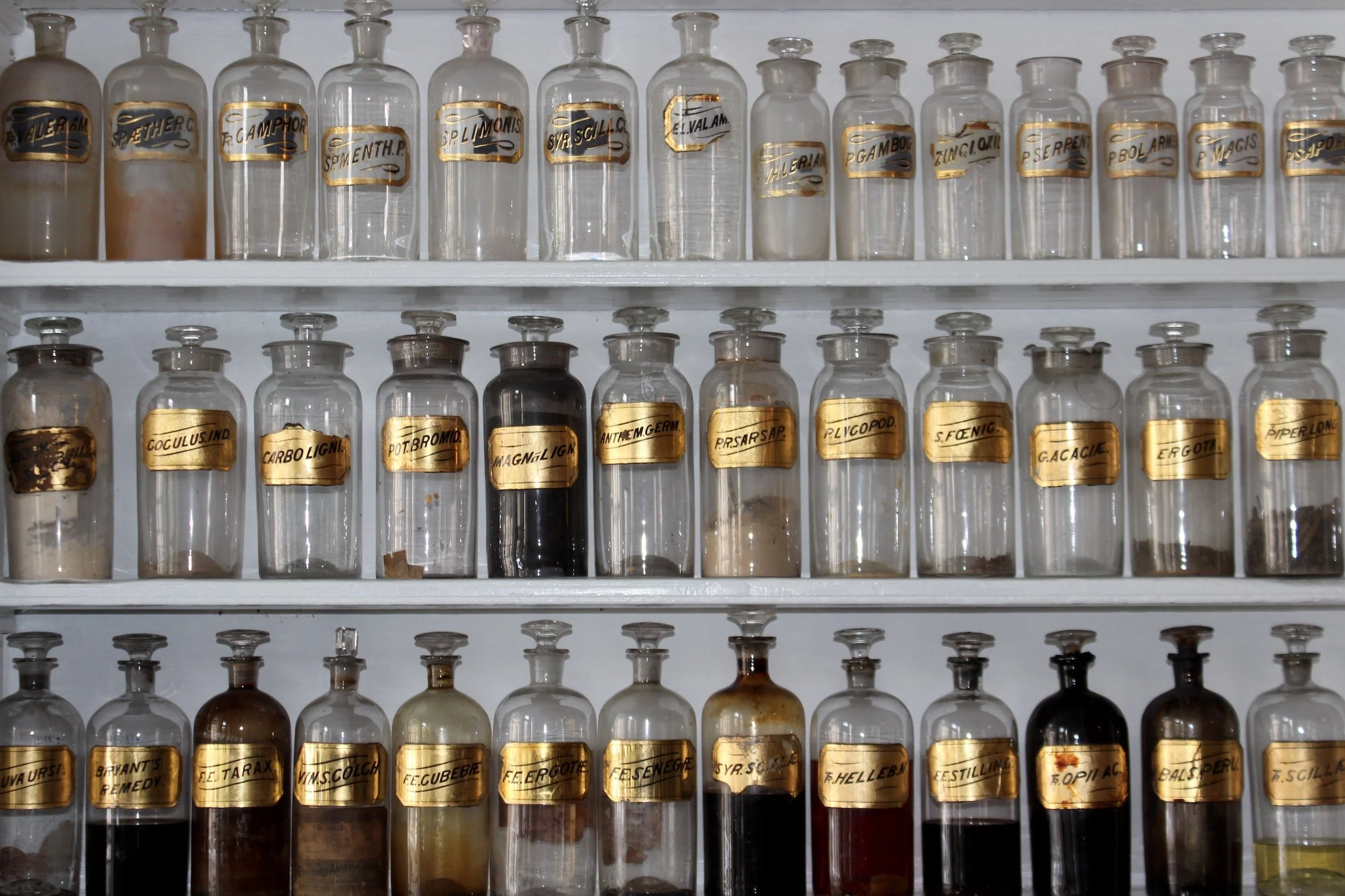Poison or virtue?
As a society, we've long been taught to value selflessness as a mark of virtue and moral character. We praise those who put others' needs before their own, viewing them as selfless warriors who are willing to endure hardship for the greater good.
This mentality is poison.
The problem arises when self-sacrifice becomes the norm, or when we see it as the only way to prove our worthiness as human beings.
The truth is, self-sacrifice can often come at a high cost to our own physical, emotional, and mental wellbeing. When we constantly push aside our own needs and desires in favor of others', we risk burning out, becoming resentful, and even developing physical health problems. We may begin to feel like our own needs aren't important or valid, leading to a negative sense of self-worth.
To turn this around, we need to acknowledge that taking care of our own needs is not selfish, but rather a necessary part of being able to care for and support others. After all, we can't pour from an empty cup.
Then we can begin to practice setting boundaries and saying no when we need to. This may feel uncomfortable at first, especially if we're used to always putting others first. But over time, we'll start to recognize the benefits of doing so - we may feel less overwhelmed, more energized, and more capable of being present for the people and things that matter most to us.
We can shift our focus from viewing self-sacrifice as the ultimate virtue, to valuing self-compassion and self-care just as highly. When we prioritize our own wellbeing alongside the wellbeing of others, we create a healthier, more sustainable way of living that benefits everyone.


